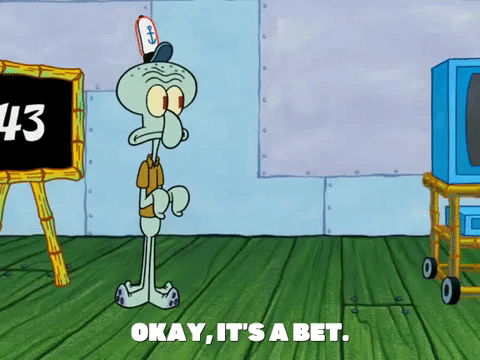“People are not entirely selfish. We actually care a lot about others.” – Sam Bowles
BRAIN WAVES
A safe bet. How’s that New Year’s resolution going? Yeah, us too. It’s hard to follow through on our ambitious aims to save money and exercise more. A working paper from December offers a solution to this problem: a bet. Specifically, what author Andrej Woerner calls a matched bet. In this type of wager, members of a group each put forward the same amount of money on a bet that they’ll, for example, exercise a certain number of times. Those who reach their goal share the bet stake with the others who also succeed. Those who don’t make the goal have to pay the average reward of the people who succeed. Here’s how it would work: say Anne, Bob and Claire are in a matched bet of $10. If Anne and Bob exercise but Claire does not, Anne and Bob each win $5, but Claire has to pay $10. Woerner tested the idea in a field experiment, and found that people who were simply offered to participate in the bet went to the gym 38% more than those who did not receive the offer. People who self-identified as procrastinators were more likely to actually participate in the matched bet. So if you’re putting off going to the gym, recruit some buddies and make a bet: who can tone those delts, shred those abs, deadlift their max? Get those gains, bro.
Morality and vaccination. Vaccinating the public against COVID-19 is one of the most effective ways to recover from the current pandemic. Still, a quarter of Americans have not yet received a single dose of the COVID vaccine. That fact has understandably frustrated many people who are vaccinated. But expressing those feelings may only harden resistance to vaccination. In a recent UCLA study of unvaccinated adults, the feeling of being judged as immoral correlated with an even stronger refusal to get vaccinated. Among the factors the unvaccinated reported for their resistance, the perception of being reproached by the vaccinated was fifth-strongest on a list of 18 predictors. It ranked above other factors you might expect, such as the actual risk of COVID-19, underlying health status, and trust in scientists. “Experiencing moral condemnation may cause feelings of rejection and inferiority that motivate self-defensive responses, such as avoidance and externalization,” the authors write.
For so many people across the globe, these past two years have been full of waiting and uncertainty. So how can we make periods of limbo less painful? Listen to learn more.
ON THE HIDDEN BRAIN PODCAST
Feb 21: Are people inherently good, or inherently bad? We talk with behavioral economist Sam Bowles, who makes the case that we've underestimated the goodness in human nature — and woven this error into the fabric of our societies.
Feb 28: Do you find yourself struggling to communicate with your mom? Ever feel like you and your spouse are speaking different languages? Learn how to communicate better at work, at home and in your social life.
ON THE MY UNSUNG HERO PODCAST
Feb 24: Dorothy Tiernan’s father is very sick in the hospital. Even when the rules say he’s not allowed any more medication, a kind nurse makes an exception.
Don’t forget to send us the story of your unsung hero! Record a voice memo on your phone and email it to myunsunghero@hiddenbrain.org.
MIND GAMES
In the given picture, we have used matchsticks to create squares. You are allowed to move just two matchsticks and must form seven squares. You cant overlap the matches and you are not allowed to break them. Also, like you can see in the picture, all squares must be closed.
LAST WEEK’S PUZZLE
Take one out and scratch my head, I am now black but once was red. What am I?
The answer: a match
FROM THE TWITTERATI…




A MOMENT OF JOY
A four-year-old snowboarder in a dinosaur costume? Yes, please!
Have an idea for Hidden Brain? A story you want to share with us? Send an email to ideas@hiddenbrain.org. And if you’d like to support our work, you can do so here. Listen to us on Spotify, Apple, Amazon Music or your favorite podcast platform.






